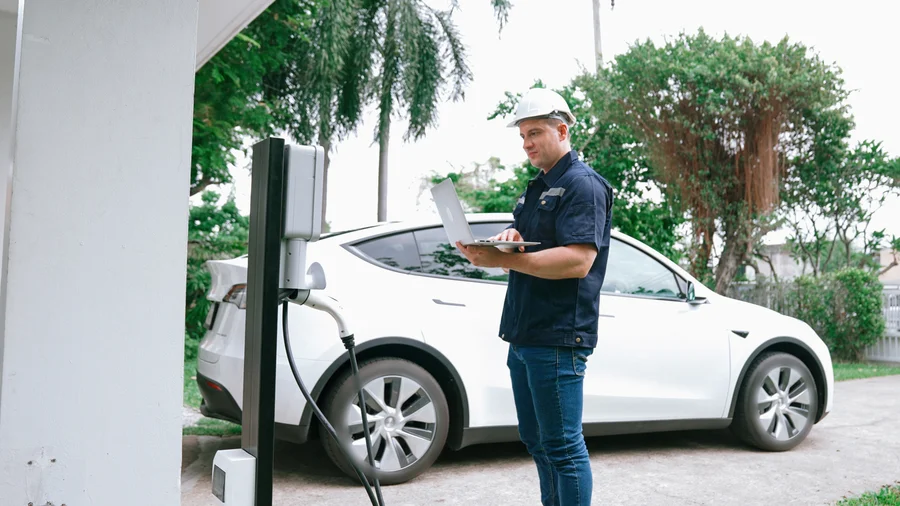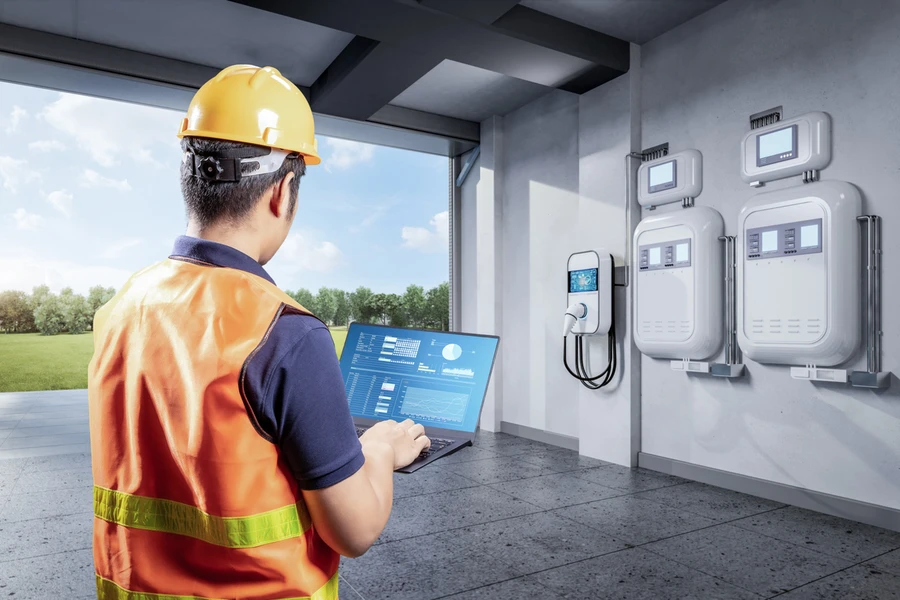Finding the Ideal Charger to Suit Your Specific Needs
As electric vehicles (EVs) become more popular, having the right charger at your property is essential. Choosing the perfect EV charger can be challenging due to various options and features. This guide will help you understand key factors to consider, ensuring you make an informed decision that suits both your current and future needs.

Understanding Different Types of EV Chargers
EV chargers are categorized into three levels: Level 1, Level 2, and DC Fast Chargers. Level 1 chargers use a standard household outlet, making them convenient but slow. They are suitable for home use where extended charging time is acceptable. Level 2 chargers require a dedicated 240-volt outlet or hardwired installation. They charge faster than Level 1, making them ideal for daily use. DC Fast Chargers offer rapid charging speeds but are typically found in commercial settings due to their higher cost and power requirements.
Assessing Your Charging Needs
Before proceeding with EV charger installation, assess how often and how long you drive. Consider your vehicle’s battery capacity and range. If you drive short distances or have access to other charging locations, a Level 1 charger might suffice. However, if you rely heavily on your EV and need quick turnarounds, a Level 2 charger or even a DC Fast Charger could be necessary.
Important Features to Consider
Several features can impact your choice of EV charger. Look for smart charging capabilities, such as Wi-Fi connectivity that allows remote monitoring and control via a smartphone app. Safety certifications, like UL listing, ensure compliance with industry standards. Additionally, consider cord length to ensure it fits your installation site without hassle.
Installation Requirements and Costs
The cost of installing an EV charger varies based on the type of charger and existing electrical infrastructure. A Level 1 charger might not require any special installation. In contrast, a Level 2 charger often involves hiring an electrician to install a dedicated circuit. Always factor in these costs when budgeting. Also, check local building codes and permit requirements before beginning any EV charger installation project.
- Level 1: Uses standard household outlets; slower charge times
- Level 2: Requires 240-volt outlet; faster charging at home
- DC Fast Charger: Rapid charge; primarily commercial use
Selecting the Right Location for Installation
Choosing the location for your EV charger is crucial for convenience and safety. Ideally, place the charger near where you park your vehicle most frequently. Ensure there is adequate space around the unit for ventilation and maintenance. It’s also important to consider weather protection if the charger will be installed outdoors.
Ongoing Maintenance Tips
Maintaining your EV charger ensures longevity and efficiency. Regularly inspect cords for wear and tear and keep connections clean from dust or debris. Software updates are often available for smart chargers; make sure they are applied to enhance functionality and security.

Your Path to Efficient EV Charging Starts Here
Your journey to choosing the right EV charger begins with understanding your specific needs and preferences. DP Renewables offers expert advice tailored to individual requirements. Located in Hesperia, CA, I provide personalized support to ensure seamless integration into your lifestyle. Call (323) 359-3900 today to learn more about transforming your property into an efficient charging hub.
